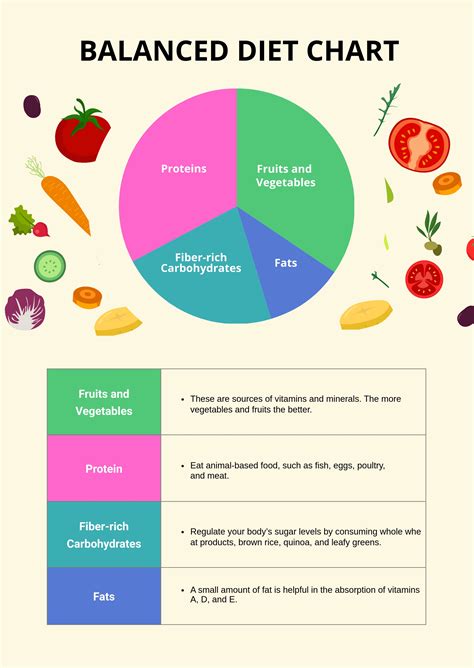What are 3 natural ways men can optimize testosterone for enhanced performance?

Testosterone is a cornerstone hormone for men, influencing everything from muscle mass, bone density, and energy levels to mood, cognitive function, and sexual health. While low testosterone can significantly impact quality of life, many men are seeking natural, sustainable pathways to optimize their levels rather than resorting to synthetic alternatives. The good news is that lifestyle choices play a profound role. Here are three natural, evidence-based ways men can boost their testosterone for enhanced performance across the board.

1. Embrace Strength Training and High-Intensity Interval Training (HIIT)
Exercise is a powerful natural testosterone booster, but not all workouts are created equal. Compound movements in strength training, such as squats, deadlifts, bench presses, and rows, engage multiple large muscle groups, which are particularly effective at stimulating testosterone production. Aim for 3-4 strength training sessions per week, focusing on progressive overload—gradually increasing the weight, reps, or sets over time.
Complementing strength training with High-Intensity Interval Training (HIIT) can further amplify results. HIIT involves short bursts of intense anaerobic exercise followed by brief recovery periods. Studies suggest that HIIT can lead to significant increases in testosterone levels. Incorporate 1-2 HIIT sessions per week, such as sprints, cycling, or battle ropes.
Consistency is key. While acute increases in testosterone after a workout are temporary, regular, sustained effort in these types of training will lead to more lasting and beneficial adaptations in your hormonal profile.

2. Optimize Nutrition with Key Micronutrients
What you eat directly impacts your hormonal balance. A diet rich in whole foods, healthy fats, quality protein, and specific micronutrients is crucial for testosterone optimization. Avoid excessive sugar, processed foods, and unhealthy trans fats, as these can negatively impact hormone production and overall health.
Prioritize Healthy Fats and Quality Protein:
- Healthy Fats: Cholesterol, derived from fats, is a precursor to testosterone. Incorporate healthy fats from sources like avocados, nuts, seeds, olive oil, and fatty fish (salmon, mackerel). Aim for about 20-35% of your daily calories from healthy fats.
- Quality Protein: Adequate protein intake supports muscle growth and repair, which indirectly supports testosterone production. Lean meats, poultry, eggs, dairy, and plant-based protein sources like legumes and quinoa are excellent choices.
Focus on Essential Micronutrients:
- Vitamin D: Often called the ‘sunshine vitamin,’ Vitamin D plays a crucial role in testosterone production. Aim for adequate sun exposure, or consider supplementation, especially during winter months or if you have limited sun exposure.
- Zinc: This mineral is vital for numerous bodily functions, including testosterone synthesis. Good sources include oysters, red meat, poultry, beans, and nuts. Zinc deficiency is commonly linked to lower testosterone.
- Magnesium: Magnesium can increase free and total testosterone levels. Leafy greens, nuts, seeds, legumes, and whole grains are rich in magnesium.

3. Prioritize Quality Sleep and Stress Management
In our fast-paced world, chronic stress and insufficient sleep are rampant, and both are major culprits behind plummeting testosterone levels. The body produces cortisol, the stress hormone, in response to stress. Chronically high cortisol can suppress testosterone production. Similarly, a significant portion of daily testosterone production occurs during sleep, particularly REM sleep.
Master Your Sleep:
- Aim for 7-9 Hours: Consistent, high-quality sleep is non-negotiable. Establish a regular sleep schedule, even on weekends.
- Optimize Your Sleep Environment: Make your bedroom dark, quiet, and cool. Avoid screens before bed.
- Pre-Sleep Routine: Wind down with relaxing activities like reading, meditation, or a warm bath.
Manage Your Stress:
- Mindfulness and Meditation: Regular practice can significantly lower cortisol levels.
- Deep Breathing Exercises: Simple techniques can quickly reduce stress.
- Engage in Hobbies: Dedicate time to activities you enjoy to naturally de-stress.
- Social Connection: Strong social ties can act as a buffer against stress.

Optimizing testosterone naturally is not about quick fixes but a holistic commitment to a healthy lifestyle. By consistently incorporating strength training and HIIT, maintaining a nutrient-dense diet rich in key vitamins and minerals, and prioritizing quality sleep and stress reduction, men can significantly enhance their natural testosterone production, leading to improved energy, muscle mass, mood, and overall performance.









